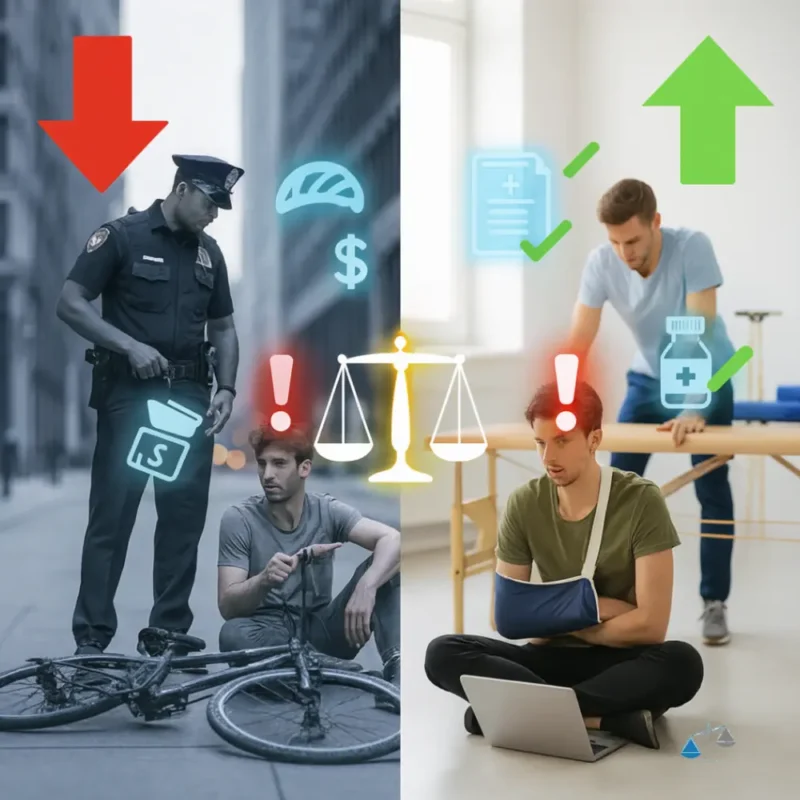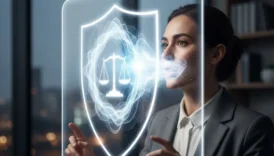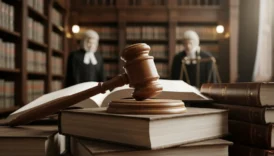Prima Facie Evidence: Quick and Simple Definition

What Is Prima Facie Evidence?
Simple definition of prima facie evidence: it is evidence that, on its face, is sufficient to establish a fact or raise a presumption unless disproved by contrary evidence. In legal terms, prima facie evidence is enough to support a claim in court at the initial stage, though it may still be challenged by additional proof or rebuttal.
Legal Basis
Prima facie evidence is rooted in both common law and statutory law, serving as a threshold requirement in legal proceedings. Courts use it to determine whether a case has enough merit to proceed before demanding further proof.
The concept ensures efficiency in the judicial system, preventing courts from dismissing potentially valid claims without giving the opposing party the chance to rebut. Legislatures may also define certain documents or facts as prima facie evidence by statute, such as official records or signed contracts.
Prima Facie Evidence Examples
Prima facie evidence appears in many areas of law where initial proof is required to move a case forward. Courts often rely on it as a starting point before deeper examination. Below are common examples:
- Traffic Violations
- A police officer’s sworn statement that a driver was speeding can serve as prima facie evidence.
- Unless the driver provides credible contrary proof, the court may accept it as sufficient to proceed.
- Contract Disputes
- A signed written agreement is often treated as prima facie evidence of the parties’ intent.
- However, it can be challenged if one party shows evidence of fraud, duress, or mistake.
- Employment Discrimination Cases
- Statistical disparities in hiring or promotion may create a prima facie case of discrimination.
- Once established, the burden shifts to the employer to provide legitimate, non-discriminatory reasons.
- Medical Records in Injury Claims
- Certified hospital or medical records can serve as prima facie evidence of injury or treatment.
- Defendants may challenge them, but they usually stand unless successfully rebutted.
- Public Records and Official Certificates
- Documents such as birth certificates, property deeds, or government-issued licenses are often treated by statute as prima facie evidence of the facts they contain.
- These documents can still be contested but carry strong initial weight in legal proceedings.
Why Prima Facie Evidence Matters
Prima facie evidence matters because it sets the minimum evidentiary standard needed to move a case forward. Without it, courts would waste resources on claims lacking even basic support.
It also balances fairness by allowing one side to establish a case initially while giving the other side the opportunity to refute the evidence. This approach ensures that valid cases are heard while frivolous claims are filtered out early in the process.
FAQs About Prima Facie Evidence
What does “prima facie” literally mean?
The Latin phrase “prima facie” means “at first sight” or “on its face.” In law, it refers to evidence that is sufficient to establish a fact unless it is contradicted. It does not guarantee a final ruling but ensures a case can move forward.
Is prima facie evidence enough to win a case?
Not necessarily. Prima facie evidence is enough to survive initial dismissal and require the other side to respond, but it may not be strong enough to prevail at trial. The opposing party can introduce rebuttal evidence to challenge the claim. Courts weigh all evidence before making a final decision.
Can documents be considered prima facie evidence?
Yes, many legal systems treat certain documents, like contracts, government records, or certificates, as prima facie evidence of the facts they state. However, these documents can still be challenged with proof of forgery, fraud, or mistake. Courts often rely on statutory definitions of what qualifies.
Why is prima facie evidence important in discrimination cases?
In employment or civil rights law, showing statistical disparities or discriminatory patterns often creates a prima facie case. This shifts the burden of proof to the employer or defendant, who must then offer legitimate, non-discriminatory reasons. It helps ensure that victims can pursue justice even without direct evidence of intent.
How can prima facie evidence be rebutted?
Rebuttal may come through testimony, additional documents, or alternative explanations that undermine the initial showing. For example, in a contract dispute, a party may argue they signed under duress, negating the prima facie assumption of consent. Courts examine whether the rebuttal is strong enough to defeat the initial presumption.






